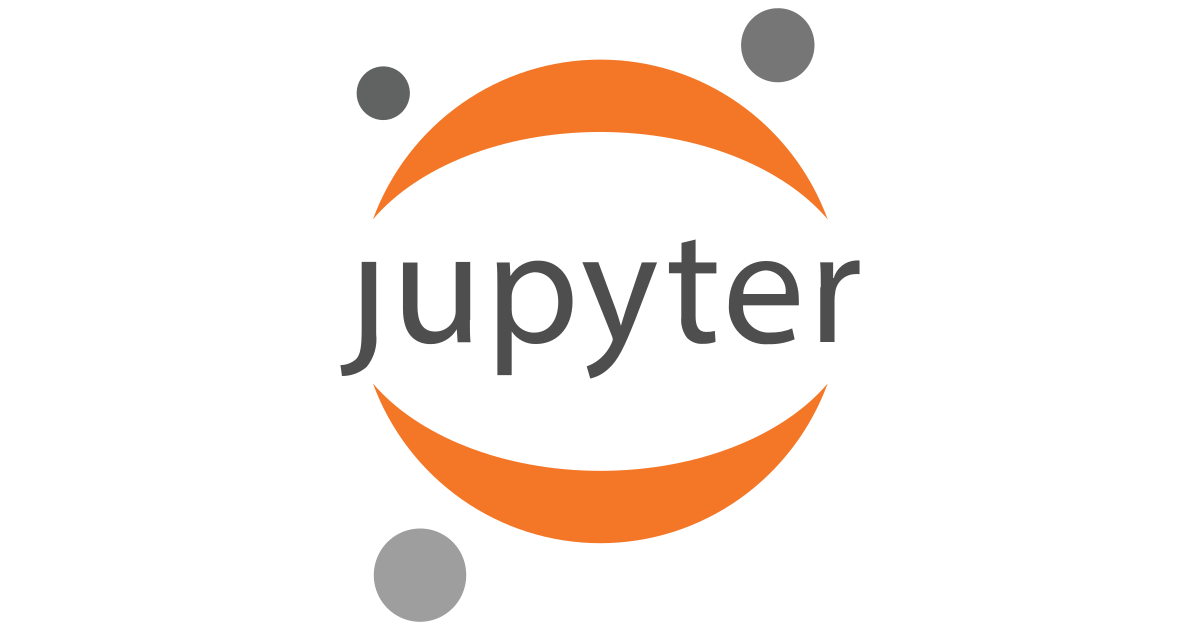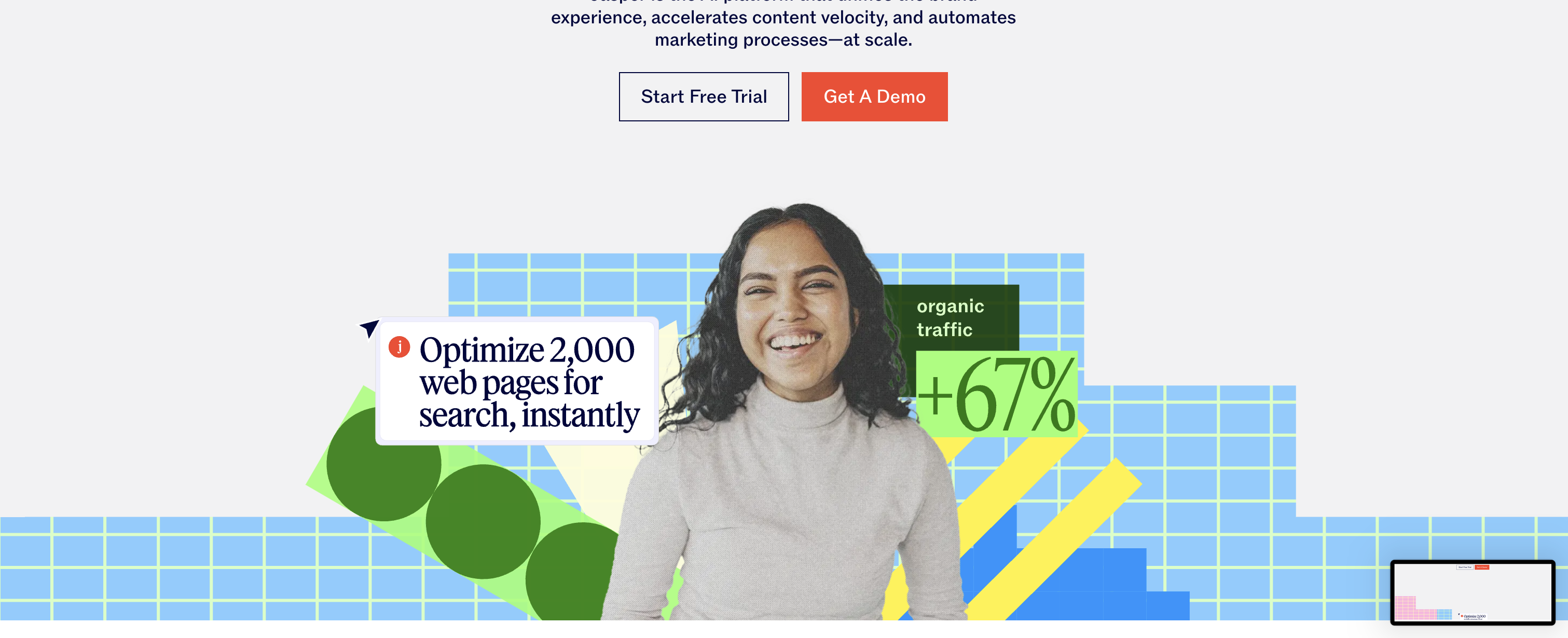Lorem ipsum dolor sit amet, consectetur adipiscing elit. Suspendisse varius enim in eros elementum tristique. Duis cursus, mi quis viverra ornare, eros dolor interdum nulla, ut commodo diam libero vitae erat. Aenean faucibus nibh et justo cursus id rutrum lorem imperdiet. Nunc ut sem vitae risus tristique posuere.
Jupyter Notebooks
Jupyter Notebook is a versatile, open-source web application that empowers users to create and share interactive documents containing live code, equations, visualizations, and narrative text. Tailored for data scientists, researchers, educators, and students alike, Jupyter Notebook transforms the way computational projects are conducted and presented. The platform supports over 40 programming languages, including Python, R, and Julia, making it an essential tool for a wide variety of data-driven disciplines. With Jupyter Notebook, users can seamlessly integrate code execution with rich text annotations and dynamic graphics, fostering an environment that encourages exploration, experimentation, and clear communication of complex concepts. Its intuitive web interface eliminates installation hurdles, letting users focus on data analysis, machine learning research, statistical modeling, and educational exercises without getting bogged down in technical complexities.
As computational projects become increasingly collaborative and reproducible, Jupyter Notebook addresses these evolving demands by providing robust features for sharing, versioning, and collaborative workflow management. Notebooks can be easily exported in multiple formats, such as HTML or PDF, or shared directly through cloud platforms like GitHub, Google Drive, or Binder, facilitating open science and collaborative research worldwide. Educators utilize Jupyter Notebooks to create interactive teaching materials, while scientists employ them for method documentation and experiment tracking. The platform's adaptability extends to enterprise environments, supporting scalable infrastructure via JupyterHub for teams and organizations. With a thriving ecosystem of extensions and integrations, Jupyter Notebook remains at the forefront of computational notebooks, driving innovation, transparency, and accessibility across research, education, and industry.
Key Features:
✅ Interactive Code Execution: Run live code snippets within the web browser, observe outputs instantly, and iteratively refine data analysis or experimental workflows in real time.
✅ Multi-Language Support: Develop projects using a wide range of programming languages including Python, R, Julia, and more, catering to diverse research and educational needs.
✅ Rich Media Integration: Embed equations, visualizations, images, and formatted text alongside code cells to enhance clarity and storytelling in computational documents.
✅ Seamless Collaboration and Sharing: Export notebooks in multiple formats or share them easily across platforms like GitHub and Google Drive, supporting collaboration and reproducible research.
✅ Extensible Ecosystem: Leverage a wealth of community-developed extensions and integrations to customize the notebook environment, automate tasks, and connect with other powerful data tools.




